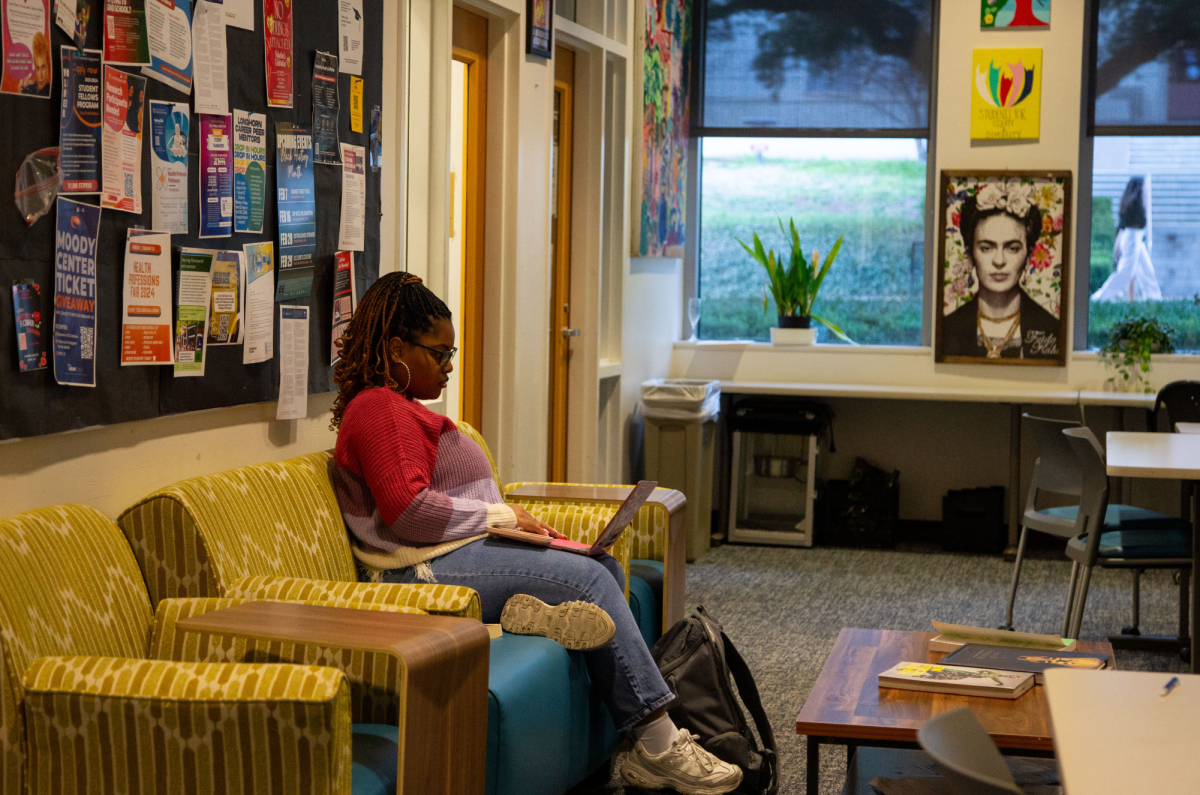Gender equality is still a widely unacknowledged and major problem in the workplace and on campus, according to a study conducted by UT sociology department chair Christine Williams.
Williams recently published a revision of her study, “The Glass Escalator,” which identifies neoliberalism and prejudice as the reasons why women are underrepresented in leadership positions across virtually every field. Even in fields where women compose the majority of the workforce, men are disproportionately found in leadership roles, according to the study.
In scientific fields, such as geoscience, Williams said gender equality in college does not necessarily translate into gender equality in the workforce.
“In terms of undergraduate enrollment, they’re about 50/50, and [women are] graduating with master’s degrees, and companies are hiring them in equal numbers,” Williams said. “But once they enter the workforce, they drop out
very quickly.”
This is a common problem in scientific fields, Williams said. Tricia Berry, director of the Women in Engineering Program, said female engineering graduates — including those at UT — often do not continue working in engineering fields, but bring valuable experience with them regardless of what kind of work they do.
“We lose in core engineering design, but we gain engineering mind-set in other fields,” Berry said.
Berry said despite previously low numbers of females in the field, the School of Engineering has improved drastically over past years, with its highest undergraduate enrollment class for women ever this fall. Twenty-four percent of the school’s current undergraduates are women, while 29 percent of the 2013 freshman class is female, according to
University documents.
Emma Fullinwider, electrical engineering junior and communications coordinator for Women in Electrical and Computer Engineering, said the program is successful because of the community it offers
female students.
“I can see how one would feel isolated as a woman in engineering,” Fullinwider said. “I could see it being intimidating, and doing bad in classes because there is no one to study with, but we have a network, and we have established relationships.”
Williams said once women enter the workforce, they do not have the same cohesiveness with their co-workers.
“It used to be that jobs were stable and there was a career ladder to climb,” Williams said. “Now they are part-time, temporal, project-based and loyalty is not as important as it used to be. It’s a consequence
of deindustrialization.”




















